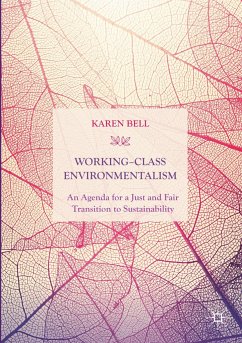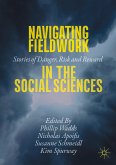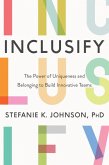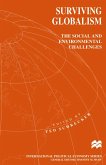This book presents a timely perspective that puts working-class people at the forefront of achieving sustainability.
Bell argues that environmentalism is a class issue, and confronts some current practice, policy and research that is preventing the attainment of sustainability and a healthy environment for all. She combines two of the biggest challenges facing humanity: that millions of people around the world still do not have their social and environmental needs met (including healthy food, clean water, affordable energy, clean air); and that the earth's resources have been over-used or misused.
Bell explores various solutions to these social and ecological crises and lays out an agenda for simultaneously achieving greater well-being, equality and sustainability. The result will be an invaluable resource for practitioners and policy-makers working to achieve environmental and social justice, as well as to students and scholars across social policy, sociology, human geography, and environmental studies.
Bell argues that environmentalism is a class issue, and confronts some current practice, policy and research that is preventing the attainment of sustainability and a healthy environment for all. She combines two of the biggest challenges facing humanity: that millions of people around the world still do not have their social and environmental needs met (including healthy food, clean water, affordable energy, clean air); and that the earth's resources have been over-used or misused.
Bell explores various solutions to these social and ecological crises and lays out an agenda for simultaneously achieving greater well-being, equality and sustainability. The result will be an invaluable resource for practitioners and policy-makers working to achieve environmental and social justice, as well as to students and scholars across social policy, sociology, human geography, and environmental studies.








